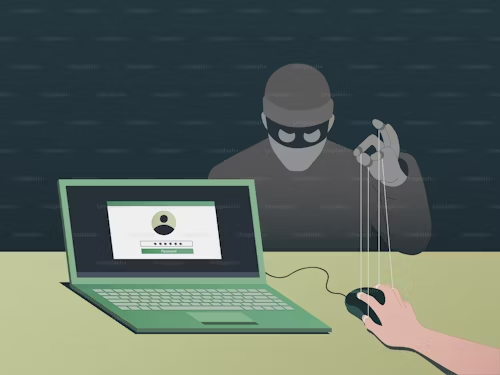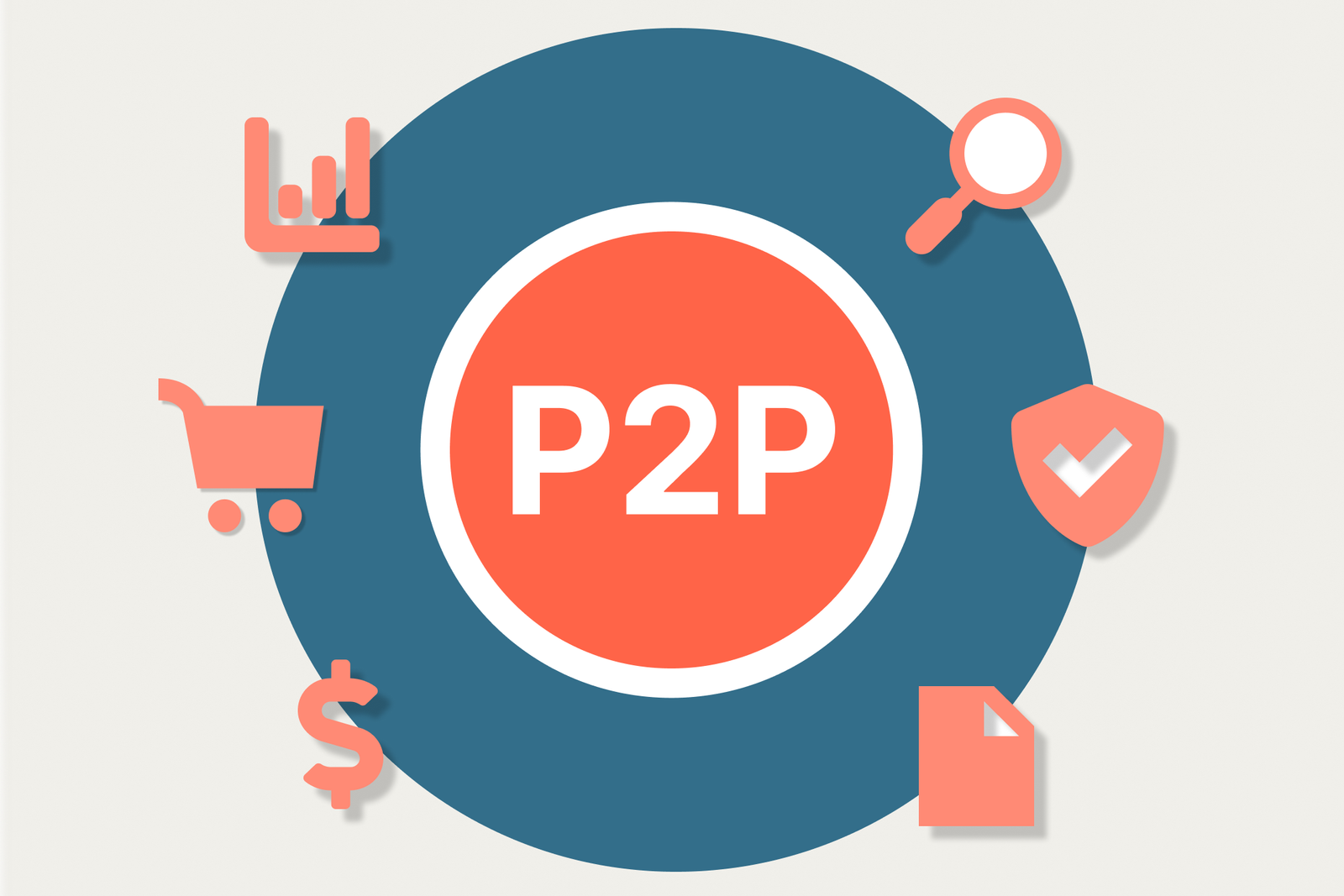Do you know that 65% of recruiters say they positively see profiles with certificates?
65% is a huge number, and it plainly states the importance of online certifications. Numbers aside, I have seen a growth in interview calls since I shared these certifications on my LinkedIn and résumé.
Certifications are confirmation from professional organizations that a person has acquired the knowledge to get the job done. For virtual certification courses, the certificates are offered in the form of PDFs, along with credentials to verify them.
Before getting certified, the learner usually has to either complete an internship or pass an exam.
These certifications are reshaping hiring practices for both employees and employers. Employees get to solidify their credibility and skills, whereas recruiters easily choose candidates based on their certifications (education, experience, and more).
Anyhow, there is a lot more that I will be covering in detail for today – the most popular free online certifications, their impact on hiring, and more.
So, without much ado, let’s talk about that.
My List of Top Free Online Courses
Google Ads Certifications
Google, through its Skillshop, offers a wide array of Google Ads certifications, ranging from Display Ads to Shopping Ads certifications.
Why have I included this as my top certification? Well, first of all, it’s free. However, I understand that we might not need to get everything that is free, but this is an exception.
Google is the most used search engine, and billions of searches are taking place on it every day. This fact makes Google Ads a hot skill to learn that will help you get better jobs and compensation.
Fundamentals of Digital Marketing by Google
If you are just starting, this is another certification that you should add to your profile. Fundamentals of Digital Marketing includes 26 modules, ranging from Search Engine Optimization to website optimization. You can learn almost everything needed for a great foundation of digital marketing.
That said, I will call it a beginner-level course because it doesn’t tell you the advanced strategies needed to build a successful marketing campaign. However, you will know the basics of everything after completing it.
freeCodeCamp Certification
This one is perfect if you want to get into development. freeCodeCamps offers certifications (obviously, free) in many in-demand programming languages: Python, Javascript, and more.
I like the fact that these programming courses are not just theoretical. You get hands-on experience by working on open-source projects that you can highlight as your work experience.
The Impact of Online Courses on Employment
Effect on Job Seekers
Enhanced Employability: Getting a job in niche industries like SEO or Python development is tough. If I were to hire someone, I would shortlist the candidates with specialized skills to get the project done. These certifications demonstrate such specialized skills and boost the chances of employability.
Career Growth Opportunities: Certifications are a great way to grow your career or even switch it. For example, if you are tired of working in sales, you can join a free code camp to learn the necessary skills and become a developer – or you can climb up the corporate ladder by getting certifications in project management or business skills.
Credibility Through Verified Credentials: Making big claims is easy, but do you know how you can back it up? You guessed it right – certifications. These online certifications provide you with verified credentials to let you showcase credibility in certain skills. That’s why there are exams that you need to pass to get authentic certifications from big organizations like Google or HubSpot.
Employer Perceptions of Online Certifications
I talked about the employee side of online certifications. Now, let me talk about the employer side of it.
As I said earlier, certifications give candidates the edge to showcase their technical knowledge in a subject matter. Certifications from renowned online educational platforms like Udemy or big tech companies like Google have increased the acceptability of online certifications among employers.
Take my example: I graduated with a major in Computer Science, but then, I explored Digital Marketing, and I loved it. It wasn’t easy to get a professional job in digital marketing, but my specialized certifications helped me get through it. Coming from a remote area, none of it would have been possible if I did not have satellite internet.
There is one question that was lingering in my mind: with tons of certifications, how do employers evaluate the credibility of online credentials?
The answer is that some of them don’t even care about certifications. The ones who do predominantly accept only from well-known platforms like HubSpot, Google, Coursera, or Udemy.
The great thing about getting certifications from these platforms is they provide credentials that are accepted to post not just on LinkedIn but also on freelance platforms like Upwork, Fiverr, and Freelancer.
Online Certifications vs. Traditional Degrees
Let’s have a brief comparison of the two with their pros and cons.
Pros of Online Certifications Pros
- They have a short duration and specialized skills
- They are more affordable than traditional education
- They are more flexible as you can pick up your own pace
- They offer specified knowledge needed for the role you want
Cons of Online Certifications Cons
- They are not as widely acceptable as traditional education
- They might not be able to provide you with hands-on experience
Pros of Traditional Education
- It offers better interpersonal growth because of face-to-face interaction
- It has readily available access to resources
- It has better networking opportunities
- It can work even if you are not self-motivated
Cons of Traditional Education
- It is much more expensive than online certifications
- It binds you to take classes on your schedule
Reasons for the Popularity of Online Certifications
Accessibility and Affordability
While traditional education is generally more acceptable, online courses are accessible to anyone from anywhere globally. Plus, it is more affordable than traditional education.
For example, a certification from Google might be free, but for a university or college degree, you might need to spend a whole lot more. Not a bad trade-off, though!
Diverse Course Offerings
Online certifications are not limited to one or two fields. Whether you want to become a certified project manager, digital marketer, or developer, these online certifications offer a wide array of options to choose from.
Not only that, you can choose from multiple skill levels – the courses range from beginner to advanced level knowledge. You have the liberty to choose according to your current skill level.
Flexibility to Keep Your Own Pace
This is one of the best things that I love about online certifications. There is no pressure to attend the classes at a specific time. You can choose whatever time and place to pick up your own pace. Keep in mind that freedom is certainly there, but these certifications are to be completed in 3-6 months (it might vary), which, in my opinion, is fair enough.
Frequently Asked Questions (FAQs)
Q: Do online certifications make or break the candidates’ profile?
Online certifications make the candidates’ profiles. They help them stand out for dedicated skills for the specific role.
Q: Do you need to buy textbooks for online certifications?
In some rare cases, you might need to get the textbooks but the majority of the online certifications have all the resources covered.
Q: Does Harvard University provide certifications for free online courses?
Yes, Harvard University does provide certificates for some of the online courses.











